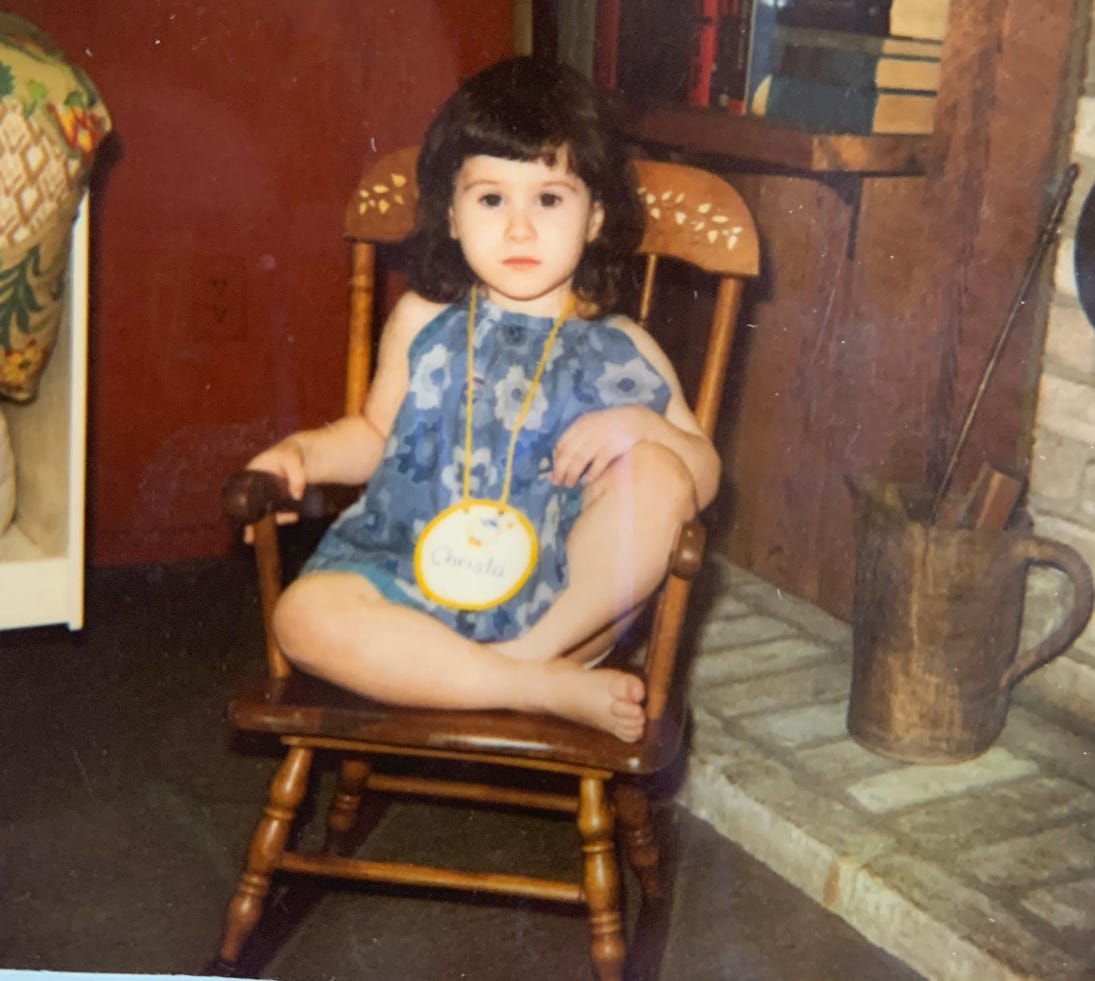Hints & Signs I Was Autistic – Why My Autism Was Missed Growing Up
For me (and many late-identified Autistics), it's not that the signs weren't noticeable or didn't hinder my life previously, but that many were overlooked, ignored, dismissed, or unrecognized.
Autism is (and always has been) an essential part of who I am as a human being (even when I didn't know this part of me had a name).
I genuinely believe that if I were not Autistic, I would not be the person I am today. That's because my Autistic brain impacts all things in my life.
Autism is interwoven into what I like, what I do, how I think, how I experience the world, how I process information, and how I interpret social contexts, structures, and hierarchies, therefore influencing who I socialize with and the kinds of relationships I have, coloring every part of my world and life experience.
This struggle to separate where Autism ends and a person begins is also the main reason I (and the majority of Autistic People) choose to use the descriptor of Autistic instead of using the more clunky "a person with autism."
It's a personal choice. I (and many) feel as if "with autism" makes it sound as if you could "cut the autism out" of a person and still leave the same human behind, but there are still some in Autism spaces who refer to themselves as "people with autism."
Due to my late identified Autism status, many people falsely assumed there were no signs of my NeuroDivergence before my diagnosis at 29.
For me (and many late-identified NeuroDivergent People), it's not that the signs weren't noticeable or didn't hinder my life previously, but that many were overlooked, ignored, dismissed, or unrecognized.
I am one of the only people (though not the only person) in my family who has a formal Autism or ADHD diagnosis. I am also definitely NOT the only Autistic and or ADHD person in my family.
Though not officially diagnosed with any form of NeuroDivergence, many of my closest family members express similar NeuroDivergent traits to my own (without accrediting those traits to NeuroDivergence).
One family member calls her sensory issues "allergies" and her sensory overloads "migraines." Another prefers the title of "eccentric" or "artistic" over "Autistic" for themselves (and me).
My Autistic and NeuroDivergent traits were boldly displayed, hiding in plain sight. These traits were especially noticeable to my teachers and people outside the home (so much so that I was referred for learning disability testing in elementary school).
In school I was a mediocre student at best, barely scraping by many of my classes, (and often being scolded by my teachers for being disruptive and oppositional).
My questioning nature (cherished at home) didn’t translate well into my interactions with teachers and authority figures, leading to many misunderstandings over the years.
"Normal" is a relative term dependent on the group of individuals sampled. My Autistic and other NeuroDivergent traits were considered "normal" compared to my family members. Though we did not know it, NeuroDivergence was "our normal."
Due to my family's "norm," it wasn't well received when the school challenged what was considered "normal" in my family's eyes (by suggesting there "might be something WRONG with me" when referring me for learning disability screenings).
When it was suggested to my guardians that I might have something "going on with me,." It was presented negatively, so they bristled up, refusing the testing the school was recommending.
The signs were there. Looking back over my life now, they all stare me in the face, glaring back at me, saying, "Here I am. HOW DID YOU MISS ME?"
So, what were some of these hidden or missed signs that I, in fact, was Autistic?
Substack paid subscribers to have access to the rest of this post.
Keep reading with a 7-day free trial
Subscribe to NeuroDivergent Rebel’s Substack to keep reading this post and get 7 days of free access to the full post archives.




